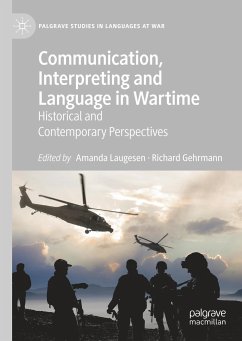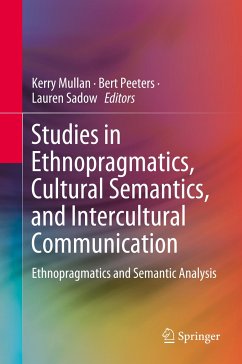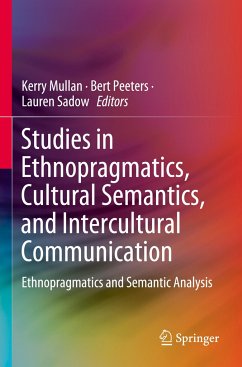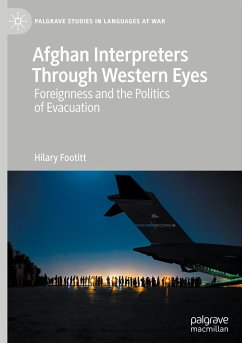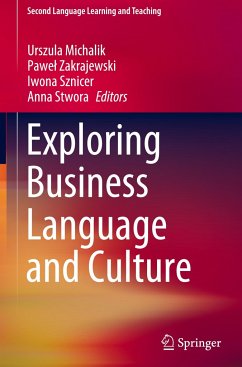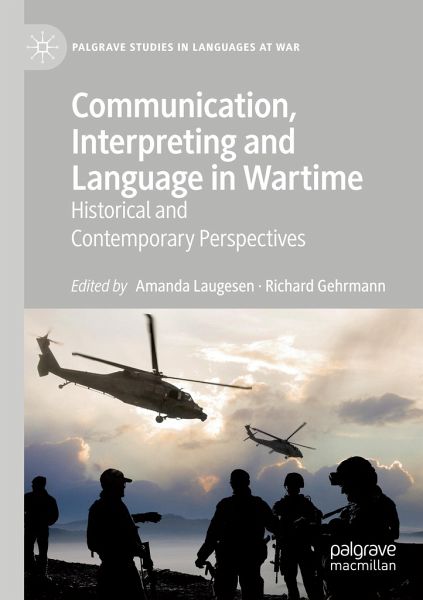
Communication, Interpreting and Language in Wartime
Historical and Contemporary Perspectives
Herausgegeben: Laugesen, Amanda; Gehrmann, Richard
Versandkostenfrei!
Versandfertig in 6-10 Tagen
106,99 €
inkl. MwSt.

PAYBACK Punkte
53 °P sammeln!
This edited book provides a multi-disciplinary approach to the topics of translation and cross-cultural communication in times of war and conflict. It examines the historical and contemporary experiences of interpreters in war and in war crimes trials, as well as considering policy issues in communication difficulties in war-related contexts. The range of perspectives incorporated in this volume will appeal to scholars, practitioners and policy-makers, particularly in the fields of translating and interpreting, conflict and war studies, and military history.



